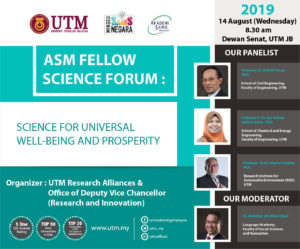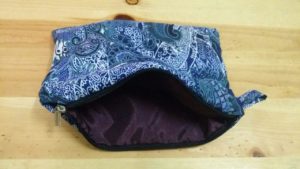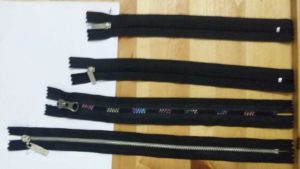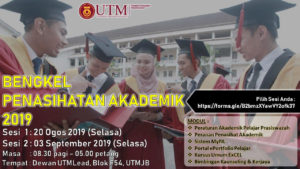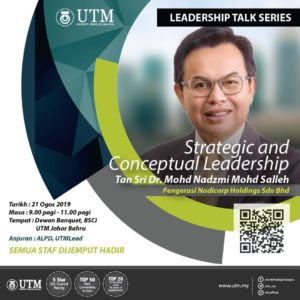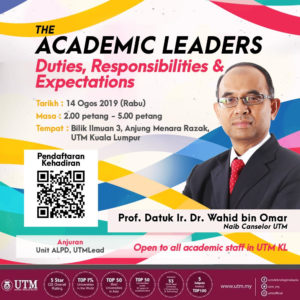Making hand-sewn pouches is just a hobby
Some people can turn their hobby into earning living. Nope. It is not me though. When I showed to some friends the pouch that I made, one of them ordered 3 pouches. 3? I was shocked and amazed that someone wants my pouch.
At first, I think that I can finish the order during this short Eid adha break. But as I was making the third pouch, I feel that I am no longer enjoy making the pouch. What has happened? What is happening now? As I look at the unfinished pouch, I ask myself. Why am I making the pouch on a first place? Am I trying to get extra income? Or is it a way for me to unwind? If I start feeling stressful while making a pouch, it means that it is no longer a means for me to unwind. Right?
Then, I realise that I feel pressured because I have to follow certain kind of requirement. The person requested me to make her the three pouches with specific measurement: 21cm x 15cm pouches. A pouch with an exact measurement. When I look at the first two pouches that I made, I realise that there is no specific measurement. I made it using my own hunch. I look at my Cath Kidston’s pouch, then I decide that I want to have a slightly smaller pouch, so I just make a smaller version without exact measurement using whatever available cloth/fabric. But when I got the order with specific measurement, I find it challenging to find “left-over” fabric or cloth.
I asked myself “What is my original intention of making the pouch?” It is definitely not for sale. So, I told my friend that I cannot finish her third pouch. I had finished two of the pouches. I told her that I am no longer enjoy the process of making the pouch because I have started to feel stressful while making it. It is not supposed to be that way. I apologise to her because I don’t think I can finish the third one. Luckily, she understands it.
So, the reason of me showing the pouches is not to attract customers. Nope. I don’t sell these pouches. It is just a means for me to unwind. Meaning, if I feel making a pouch, I will make one without thinking too much about the end product.
[Psst… I am learning different styles of hand-sewing, so I am experimenting with that while making the pouches. 😀 ]
Bengkel Penasihatan Akademik 2019
Penilaian Prestasi Staf Akademik (eLPPT v2.0)
Strategic and conceptual leadership
Sihat dan bahagia di tempat kerja
There is a talk on how to stay healthy and happy at work. The slides notes are HERE.
Stay healthy and happy at your work? For me, it is kind of subjective. It is all back to intention (why). Nothing else matters.
According to Prophet Muhammad SAW hadith as reported by Umar ibn al-Khattab:
The Messenger of Allah, peace and blessings be upon him, said, “Verily, deeds are only with intentions. Verily, every person will have only what they intended. Whoever emigrated to Allah and his messenger, his emigration is for Allah and his messenger. Whoever emigrated to get something in the world or to marry a woman, his emigration is for that to which he emigrated.”
Source: Ṣaḥīḥ al-Bukhārī 54, Ṣaḥīḥ Muslim 1907
Grade: Muttafaqun Alayhi (authenticity agreed upon) according to Al-Bukhari and Muslim
عَنْ عُمَرَ بْنِ الْخَطَّابِ قَالَ قَالَ رَسُولُ اللَّهِ صَلَّى اللَّهُ عَلَيْهِ وَسَلَّمَ إِنَّمَا الْأَعْمَالُ بِالنِّيَّةِ وَإِنَّمَا لِامْرِئٍ مَا نَوَى فَمَنْ كَانَتْ هِجْرَتُهُ إِلَى اللَّهِ وَرَسُولِهِ فَهِجْرَتُهُ إِلَى اللَّهِ وَرَسُولِهِ وَمَنْ كَانَتْ هِجْرَتُهُ لِدُنْيَا يُصِيبُهَا أَوْ امْرَأَةٍ يَتَزَوَّجُهَا فَهِجْرَتُهُ إِلَى مَا هَاجَرَ إِلَيْهِ
54 صحيح البخاري كتاب الإيمان باب ما جاء إن الأعمال بالنية والحسبة ولكل امرئ ما نوى
1907 صحيح مسلم
Academic Leaders: Duties, responsibilities and expectations
Kelestarian: Di manakah kita?
Go Green, Go White
Sustainability
This month engagement emphasises on the theme “sustainability”. For me, to be sustainable is to be true to oneself in reference being an ‘Abd.
